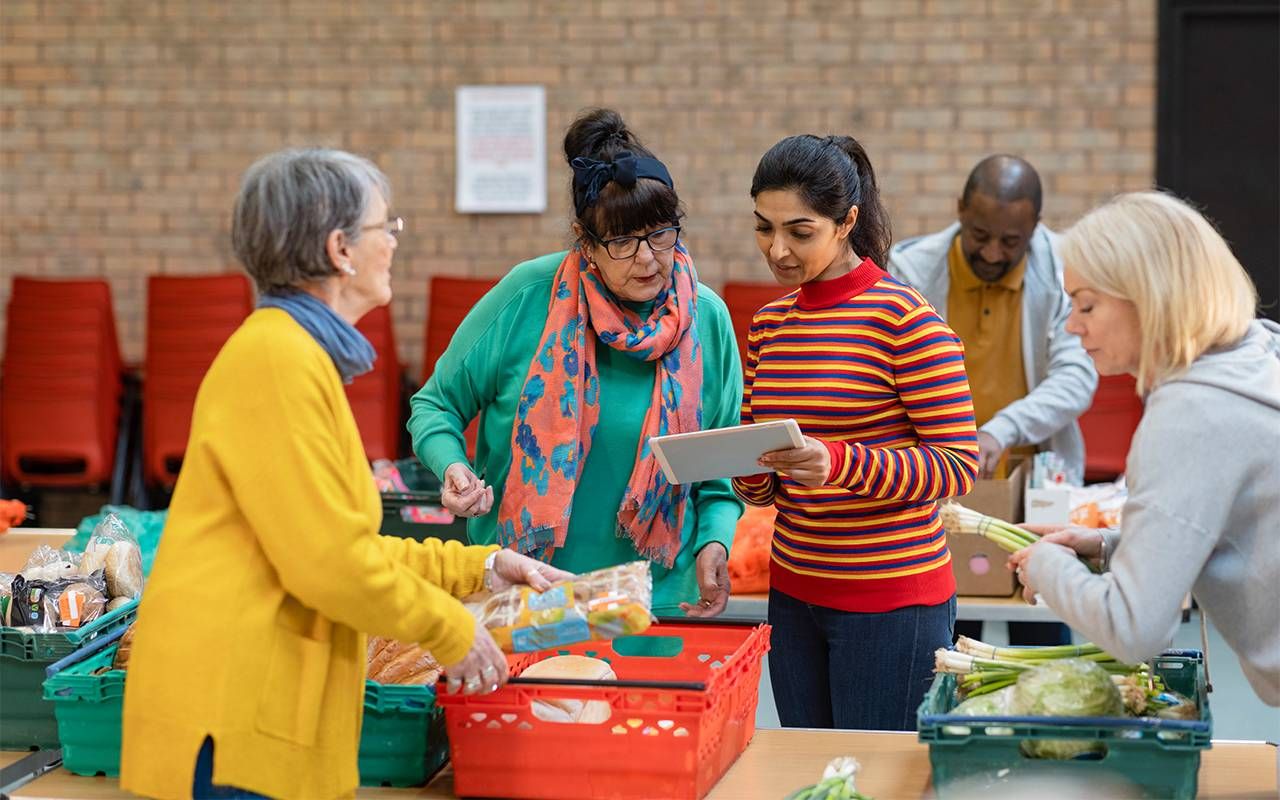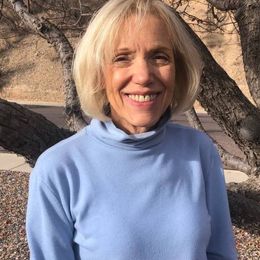Volunteer Love, a Different Kind of Matchmaking
Finding people to work without pay may not be as glamorous as flying to the moon or fighting fires, but it can be deeply fulfilling
I don't know that anyone says they aspire to be a Volunteer Director when asked, "What do you want to be when you grow up?" Kids, for example, usually choose jobs like astronaut, doctor, firefighter or teacher. I don't recall any Volunteer Directors being present at a single Career Day I ever attended.

(For the record, I was a volunteer director for many years. I recruited, interviewed, screened, placed, trained, supported, evaluated and set up avenues for recognition and retention all for the unpaid personnel of each organization where I worked.)
AmeriCorps, the agency that coordinates government-sponsors unpaid work programs, estimates that more than 60.7 million people formally volunteered in 2021, the most recent year for which complete data is available.
Helping Volunteers Find Their Niche
Those of us who managed those millions all involved answering a call when someone said, "I'd like to volunteer." Their reasons were many, but a common thread was they wanted to be of service in some way to someone. Those new volunteers who had been CEOs, inventors, physicians and more offered their greatest resource — their time.
I often felt like Yente, the matchmaker from "Fiddler on the Roof."
In the more than a quarter-century I spent in the field, I often felt like Yente, the matchmaker from "Fiddler on the Roof." I had the good fortune to make matches. They weren't romantic matches, but I was afforded the opportunity to witness love at its best, to witness the best in people.
Being among people who said "yes" far more than "no" was a gift that, pardon the expression, kept on giving. They served strangers who they otherwise may never have met and they claimed that they got more out of the experience than they gave. I stopped arguing that point years ago and instead relished each act of love born out of their innate kindness.
I matched Nicole, a high school student, with Lois, a 94-year-old resident of a long-term care facility. After their initial conversation, Nicole came to me beaming, having discovered she had more in common with Lois than she had with some of her own friends. Lois had experienced what Nicole had only read about in history books.
Although Lois wasn't old enough to vote in 1920, the first national election in which women were allowed to cast ballots, she recalled the festivities in town celebrating the occasion and said that she never missed a chance to pull the lever in every national, state and local election. By sharing her experience, Lois instilled in Nicole the importance of exercising one's right to vote. Lois' animated recall was far superior to words in a history book.
Volunteers Make Deep Connections
On another occasion, I matched Jill, another high school student, with Agnes, 70 years her senior. Their friendship began with a card game and soon led to frequent visits and camaraderie. Months later, on the night of Jill's high school prom, before her date picked her up, before the traditional pictures were taken, Jill dropped by to show Agnes her prom dress. And, when Agnes passed away months later, the family included Jill in their initial calls.
Prior to Ben's passing, one of the last things he said to Max was, "I love you."
One volunteer was the spouse of a military officer. Having full knowledge of proper decorum, when she met another volunteer who had served in World War II, she saluted him with as much respect as an enlisted soldier would do. There were tears in the veteran's eyes.
I had collaborated with an English professor from a local college to have her students write stories about older residents living in long term-care. One of these interviews turned into more than a casual friendship. Ben, a resident, was matched with Max. The college student quickly became Ben's confidant. When Ben was declining, he shared that he had modeled his own parenting after his father. Having never heard the words, "I love you" from his father, he never spoke those words to his own children. Prior to Ben's passing, one of the last things he said to Max was, "I love you."
While I had a non-clinical role in a hospital with an office far away from where lives were routinely saved and lost, I did occasionally come across scenes that reminded me of the life-altering events occurring all around me. I recall once rounding a corner to see a room full of anxious family members whose mother had been brought in for emergency cardiac surgery.
Easing a Family's Anxiety
Dan, a gifted conversationalist, was the volunteer assigned to the waiting room at the time. He immediately gathered everyone in a circle and by using his wit and wisdom he calmed down the family. Their mother survived the surgery, and when her relatives were able to see her, they were no longer fearful — thanks to Dan.
Yes, volunteers serve, but they also experience their own benefits. There are those who recently lost a spouse and need a social outlet to ease their grief. They make new friendships with other volunteers after learning how much they have in common. A few of those new friendships blossomed into romance, which grew into marriages.
I notice kindness often: simple gestures observed in a checkout line, in traffic or even just holding a door for someone . . . kindness is everywhere.
I believe I have had as much to do with the volunteer pairings on my watch as Yente did with the romantic matches credited to her. But I also knew it wasn't just my doing. There were elements of providence and timing. How glad I was to answer each call, listen to the "why" of each prospective volunteer's inquiry about service and do my best to match that expectation with a need.
After stumbling into a career as a Volunteer Director, I still feel the aftereffects of what was once part of a routine day's work. I notice kindness often: simple gestures observed in a checkout line, in traffic or even just holding a door for someone . . . kindness is everywhere.
My career enabled me to notice, appreciate and acknowledge goodness. For that, I am thankful.


